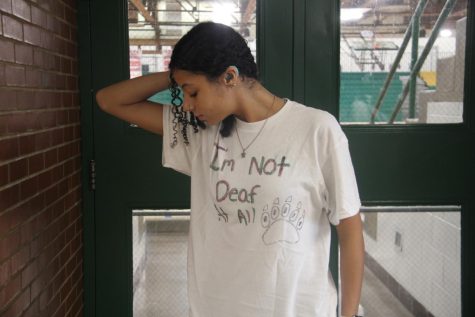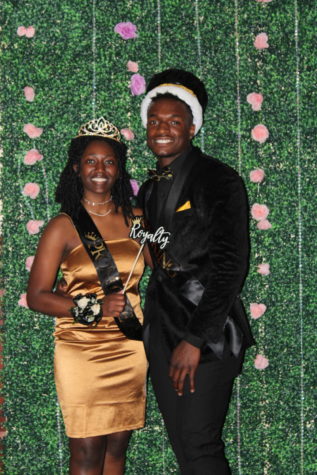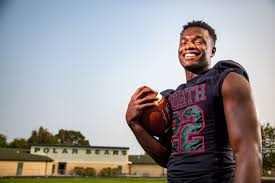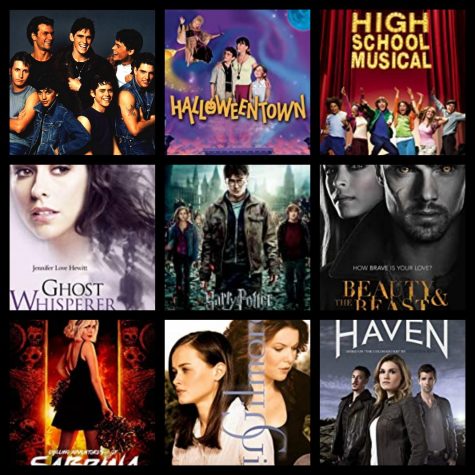Complex Characters
Media creates a shadow of women.
May 6, 2015
Powerful women aren’t always associated with being “girly” or “independent. They deal with a lot of unnecessary nonsense. On a recent episode of ABC’s hit show Scandal, Abby Whelan delivered a monologue that perfectly articulated that struggle.
Olivia Pope, played by Kerry Washington, has had her fair share of rants but on season four, episode fifteen, the famous red head, Abby Whelan, played by Darby Stanchfield, went on a tirade about how her name was always associated with her boyfriend, but her boyfriend was never associated with hers.
Abby, who is currently serving as White House Press Secretary — and doing a damn good job — begins to write a letter of resignation when a sexy book written by “Kinky Sue” (played by Lena Dunham) threatens to expose the sexual history of both Abby’s current boyfriend, Leo Bergen, and her ex-boyfriend, David Rosen. Leo seems confused as to why Abby’s job would be impacted by a scandal that only implicates him. But as Abby is quick to explain, when you’re a powerful woman involved with a powerful man, his personal life has a sneaky way of creeping into your professional one. “What happens to you, happens to me,” she says.
She goes on to articulate exactly how much the coverage of her professional life and successes — which Leo has nothing to do with — is attached to him. “Every article about me has your name somewhere in it,” she says. “Because apparently, there’s this rule: In order to mention my name they have to report to the world that there’s a man who wants me. My work, my accomplishments, my awards — I stand at the most powerful podium in the world, but a story about me ain’t a story unless they can report on the fact that I am the girlfriend of DC fixer Leo Bergen. Like it validates me, gives me an identity, a definition. They can’t fathom the concept that my life doesn’t revolve around you.”
Abby also touched on the way women’s physical appearances are picked apart by the media in a way that men’s seldom are. “If I wear lipstick, I’m dolled up. If I don’t, I’ve let myself go,” she says. “They wonder if I’m trying to bring dresses back, and they don’t like it that I repeat outfits even though I’m on a government salary. They discuss my hair color. There are anonymous blogs that say I’m too skinny!”
Abby may be a fictional character, but her monologue is rooted in truth. When powerful women are written about, it often becomes about much more than their accomplishments.
How many articles were written about Hillary Clinton’s decision to “stand by her man” when the Lewinsky scandal broke? Or about how she didn’t wear makeup? Or her use of scrunches’?
Remember when people freaked out over Michele Bachmann eating a corn dog? And speaking of Lewinsky, remember when she was personally and professionally ruined after being involved with a man in her early 20s, while the man was able to bounce back in far less time?
Finishing her argument, Whelan says, “My life doesn’t revolve anywhere near you, its horrifying, “property of Leo Bergen”. Tell me when they write articles about you Leo, how often do they mention me? Do they talk about your clothes? Write about your thighs? There is a difference. There is, so what happens to you, happens to me.”
The media tends to shine a far more scrutinizing light on the daily habits, looks and personal lives of women — especially in the political world. As Abby says when it comes to powerful men and powerful women: “there is a difference.”












